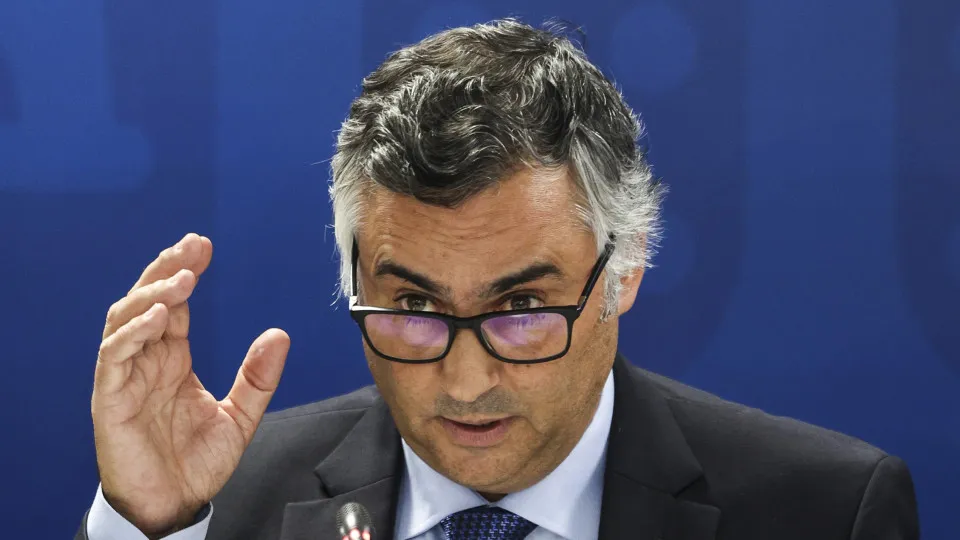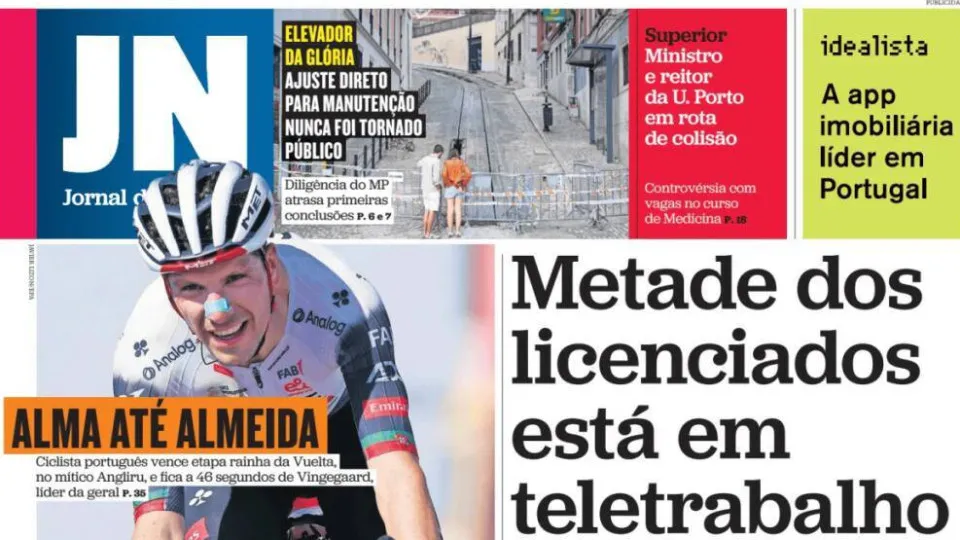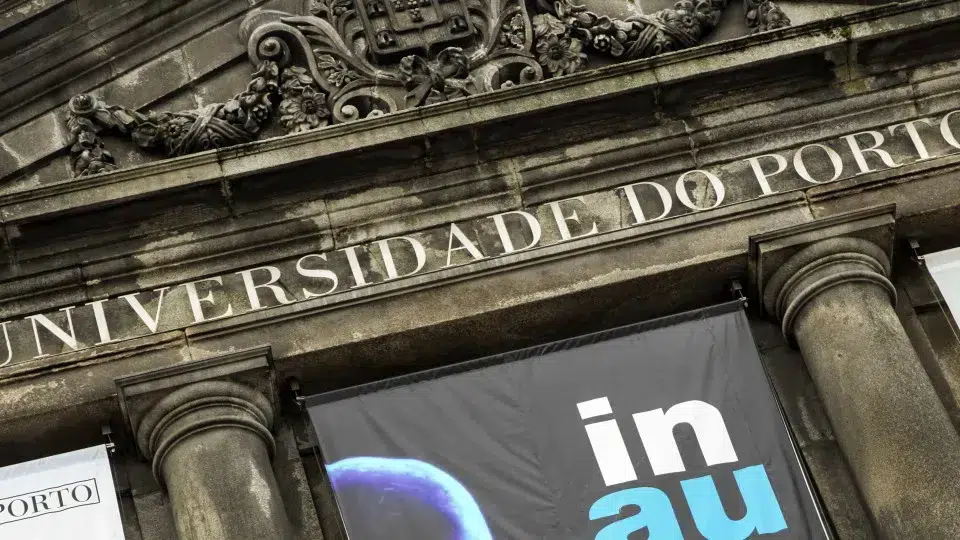
The Minister of Education, Fernando Alexandra, denied on Friday exerting any pressure on the rector of the University of Porto. The rector had claimed to have received pressures from several “influential people with access to power” to allow 30 candidates who did not achieve the required minimum grade in a special entrance exam for the Faculty of Medicine.
“I want to start by saying, very clearly, that the rector of the University of Porto, Professor António Sousa Pereira, lied. The highest representative of one of the most important institutions in our country publicly lied about a phone conversation with a member of the Portuguese Government, saying that I pressured him to commit an illegality,” the minister stated.
Minister Would Accept Resignation. Rector “Lied Shamelessly”
The education minister, who had already refuted the rector’s statements in a previous communication, reiterated at a press conference that “this lie is highly offensive” to him and is not befitting someone with obligations “to set a good example.”
Emphasizing the autonomy of institutions, the minister expressed “disappointment” upon learning that individuals with such responsibility would “lie shamelessly, thereby trying to shirk their responsibilities.”
He expressed “great disillusionment” and said he would accept the rector’s resignation if it were to be offered.
Pointing out that it was the rector’s responsibility “to know the reasons for his lie,” Fernando Alexandre presented his “interpretation of this lie,” noting that the rector had “allowed a mess to grow” that does not dignify the institution or its highest official.
“The University of Porto incorrectly informed 30 candidates of their acceptance into the Integrated Master’s in Medicine,” he accused, adding that this communication created in these 30 people the “expectation of attending the course.”
“The rector of the University of Porto decided not to endorse the decision made by one of his university’s faculties based on non-compliance with regulations,” the minister continued, noting that afterwards, complaints from candidates “were sent to the ministry via email.”
Phone Calls, Nearly Created Spots, and the Opinion
Detailing that he received a phone call from the rector on July 29, Fernando Alexandre explained that he “could not answer,” as he was completing the ministry’s organizational reform presented to the Council of Ministers the following day.
“On August 1, the rector called again. I couldn’t answer but returned the call,” he said, explaining that when he spoke with the rector, he “expressed his concern over the prolonging situation,” as the University of Porto had communicated enrollment to the candidates.
“The rector informed me that this information was invalid. He said to me at the time: ‘Imagine if the doorkeeper of the rector’s office told a student they entered the medical course. Would I have to accept it?'” the minister accused, noting that his response was that an official communication to students was at issue, and he found this comparison “inappropriate.”
“Therefore, since it was the University of Porto that informed the candidates and created in them the expectation of entering the Medicine course, and since no student was harmed, I expressed to the rector my willingness to approve the creation of additional spots, provided there was legal support for this solution,” he revealed, stating that the rector’s response “was affirmative.”
Thus, the minister requested, via the State Secretary of Higher Education, an opinion from the General Inspectorate of Education and Science on the legality “of this situation, so that the mess created by the University of Porto could be resolved.”
The opinion was issued on August 6, with the response received on August 13: “It concluded that there was no legal basis for the opening of additional spots.”
The conclusion of the opinion was sent on August 21, after returning from vacation.
In a clarification sent to newsrooms early in the morning, the Ministry of Education, Science, and Innovation had already denied pressuring the rector of the University of Porto to irregularly admit candidates to the Medicine course or suggesting any solution violating current legal frameworks.
The statement from Fernando Alexandre’s office noted that the Special Examination for Access to the Integrated Master’s in Medicine by Bachelor’s Degree Holders is the exclusive competence of the institutions, in this case, the University of Porto and its Faculty of Medicine, who appoint a Selection Committee.
According to the General Inspectorate of Education and Science, the ministry added that “this Selection Committee, in disagreement with the regulations approved by the institution itself, lowered the minimum grade from 14 to 10 in the Knowledge Exam, allowing for the admission of 30 additional candidates, beyond the seven who met the 14-point requirement.”
The list of 37 admitted candidates was published by the faculty before being endorsed by the rector, who subsequently decided not to do so due to a violation of the regulation.
[Updated at 5:42 PM]




